Scouts, Guides, Woodcraft Folk, etc.
I am now taking bookings for "in person" talks as well as "virtual" talks by Zoom or Webex (making them globally available).
An advantage of a virtual talk to the hosting organisation is that I will not have any travel or accommodation expenses to be met. I do not normally charge a fee for these but ask that you make a donation to a charity of my choice.
Please use the booking form at the bottom of the page.
I offer astronomical observing sessions, illustrated talks, and activities to support the aims of your organisation with respect to astronomy. If you want an astronomical talk or activity that is not listed, or have any other queries, please
to email me using your default email client.
Sessions typically last for about an hour. If it is a talk, this will include about 15 minutes for questions/discussion. These timings can be varied if you so wish.
Observing Sessions
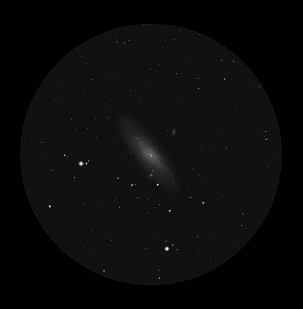
Guided observation of the night sky with telescopes and binoculars. I will teach the young people the basics of navigating around the sky by identifying star patterns (including finding north) and star-hopping to find some deep sky objects (galaxies, star clusters, nebulae, etc.).
If the weather is unsuitable for observing, the fallback will be either a slide-show or some indoor astronomical activities.
Astronomy Activity Badge for Cubs and Scouts
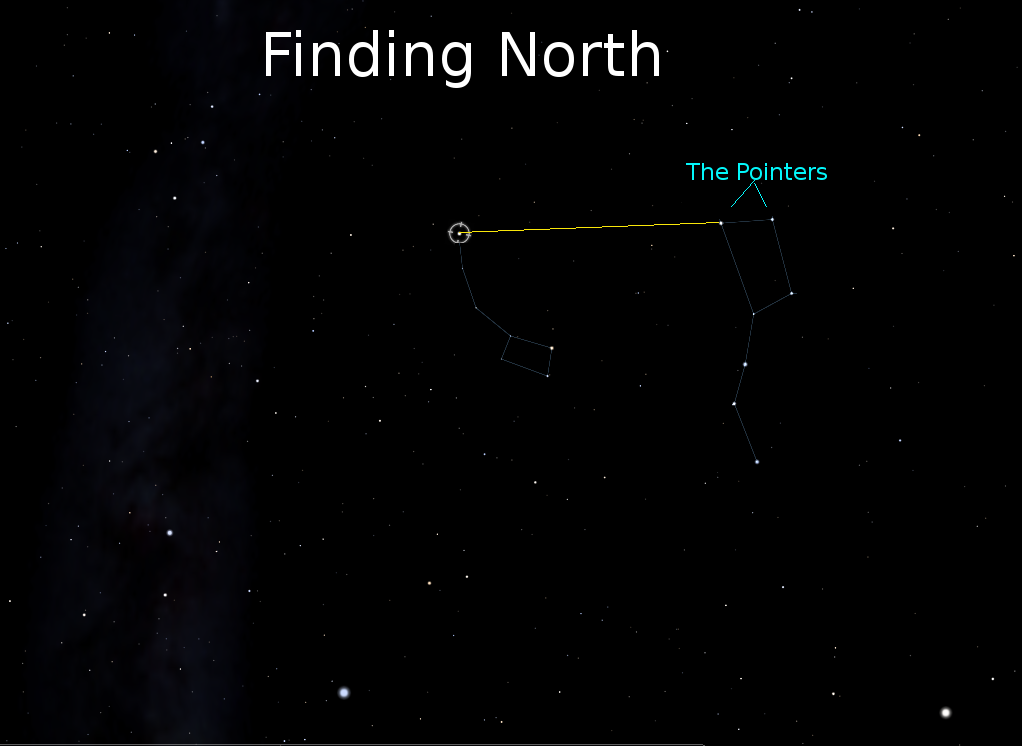
I offer illustrated talks, activities and photocopiable resources specifically geared to the requirements Astronomer Activity Badges for Cubs and for Scouts.
Indoor Activities
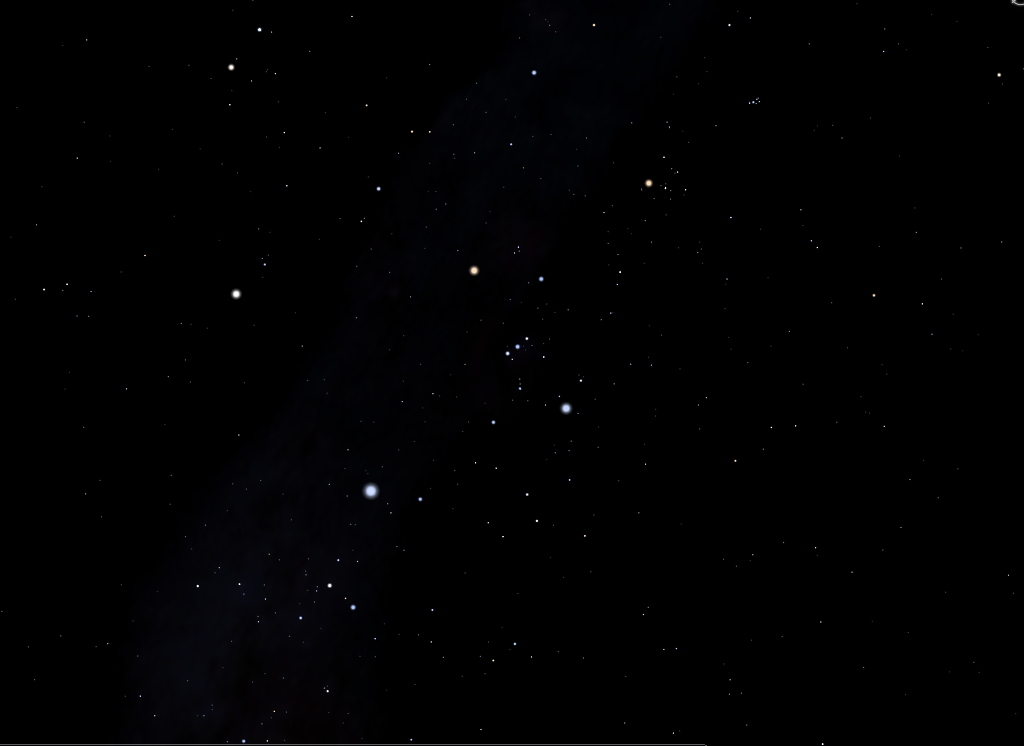
These may include Moon phases, eclipses, constellation recognition, modelling the solar system, telescopes and binoculars.
Slide Shows
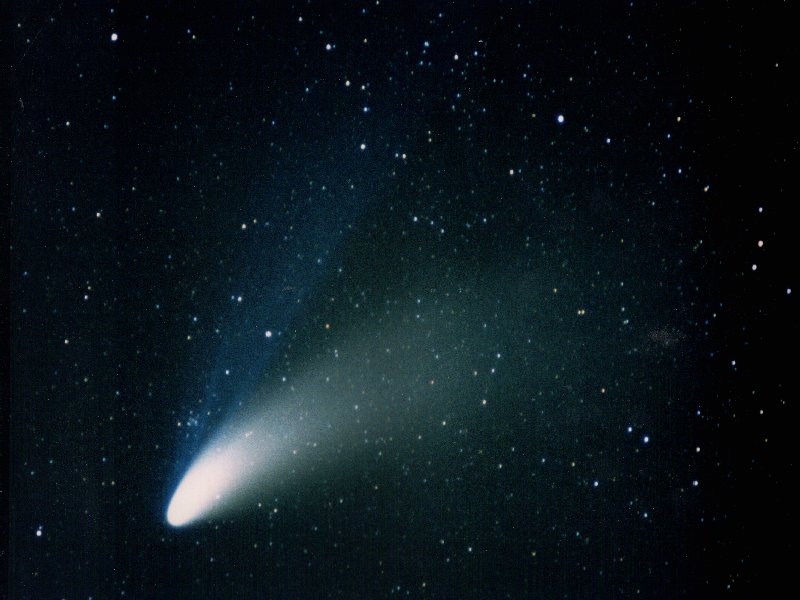
Journey into Space
We journey from the Sun, through the Solar System, into Deep Space, encountering clusters, galaxies, and the birth and death of stars.
Extraterrestrial Life
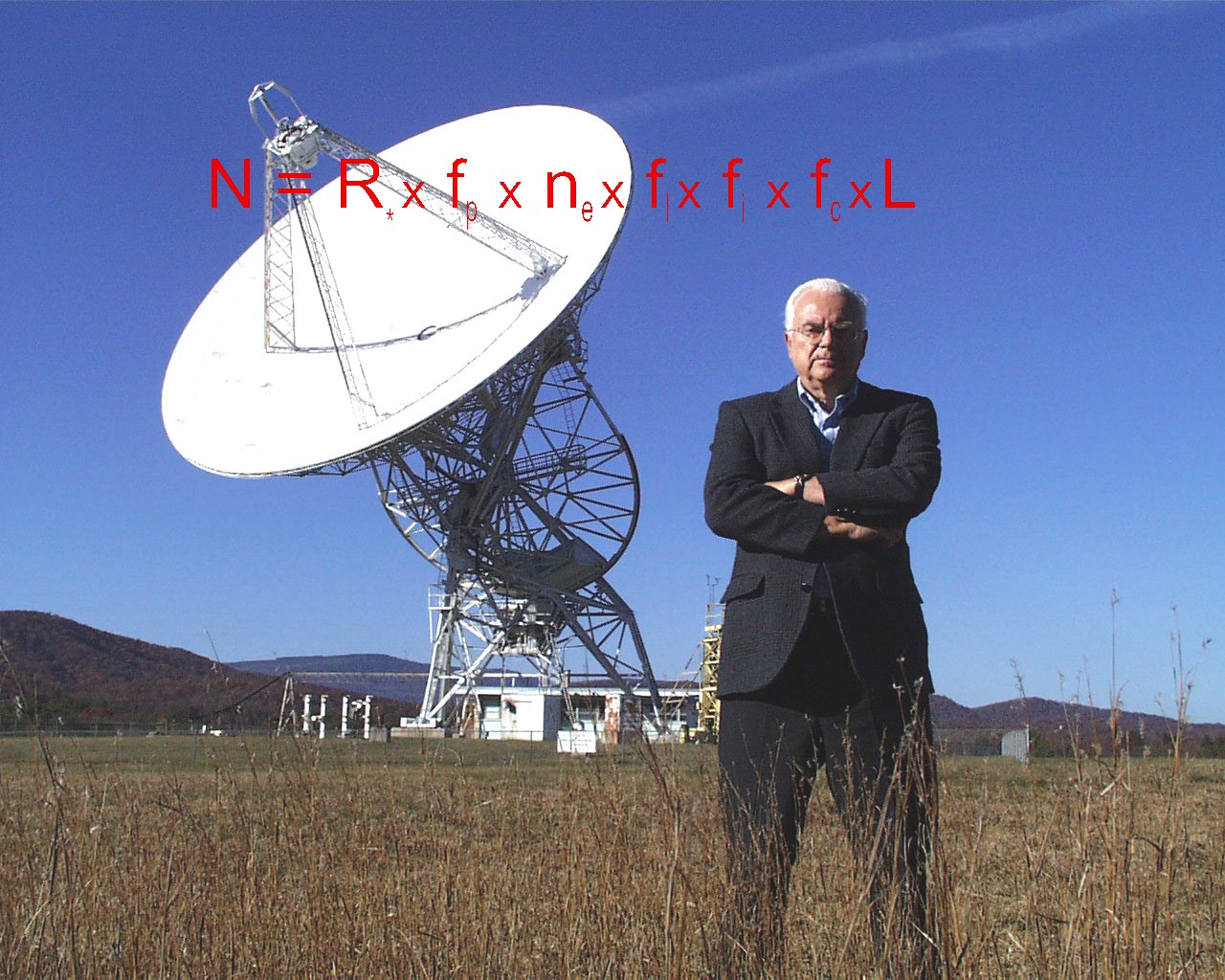
What is the likelihood of life existing other than on Earth?
Time and Calendars

Why is the tenth month named for the Latin word to 8th? Why does the UK fiscal year begin on 6th April? What is the Twins Paradox? The measurement of time has always been a facet of Astronomy. The phases in the development of the Gregorian calendar most (but not all!) of us use today make a fascinating story which blends science, history, sociology, religion and psychology.
Booking
To book a talk or activity, please , giving your the following information:- Your name
- The group's name
- The talk/activity you would like
- The date you would like it
- Whether Zoom or in person (if the latter, please give full address and postcode of the venue)
- A contact telephone number.
You can view the Astronomical Unit Data Privacy Statement here.


